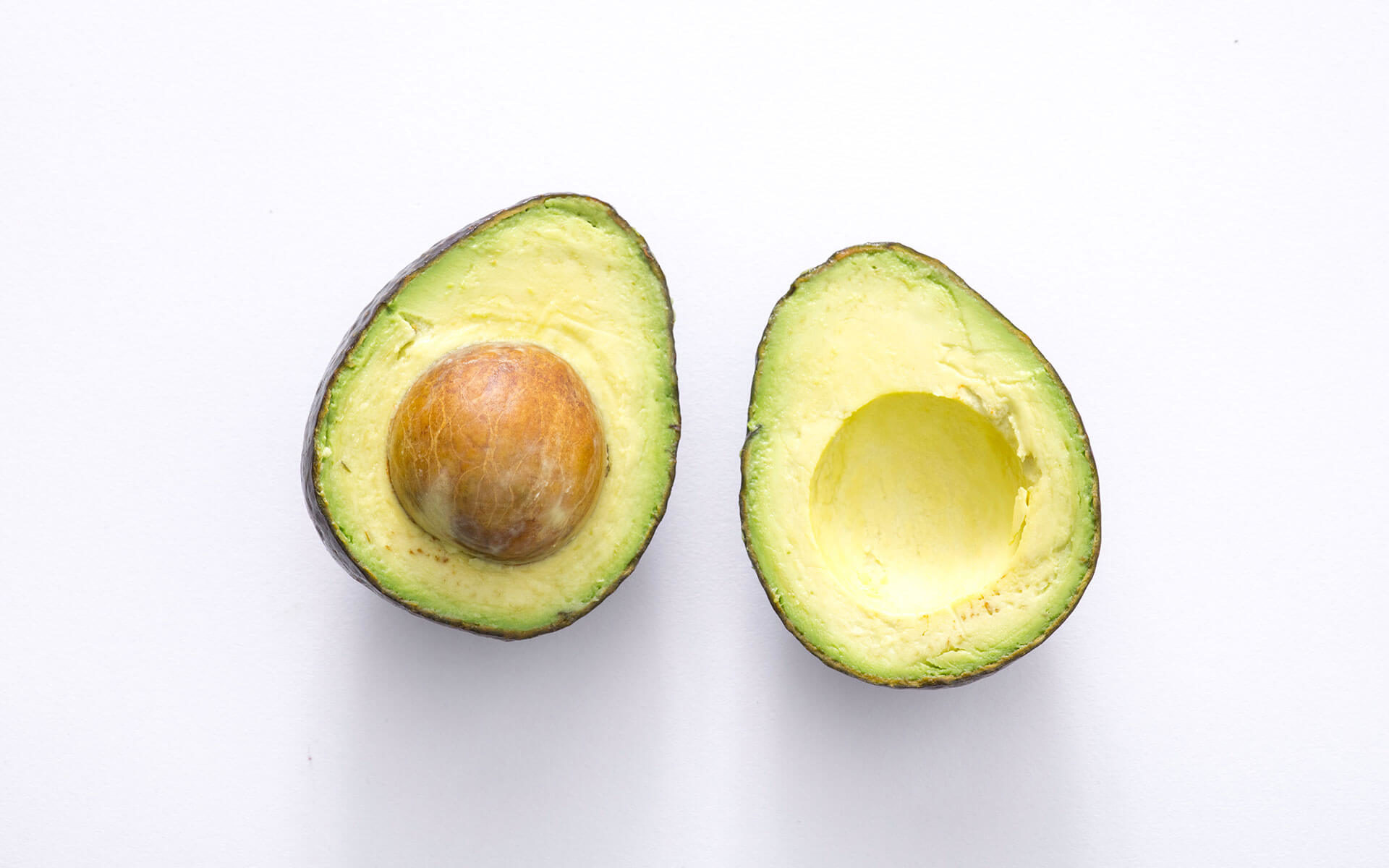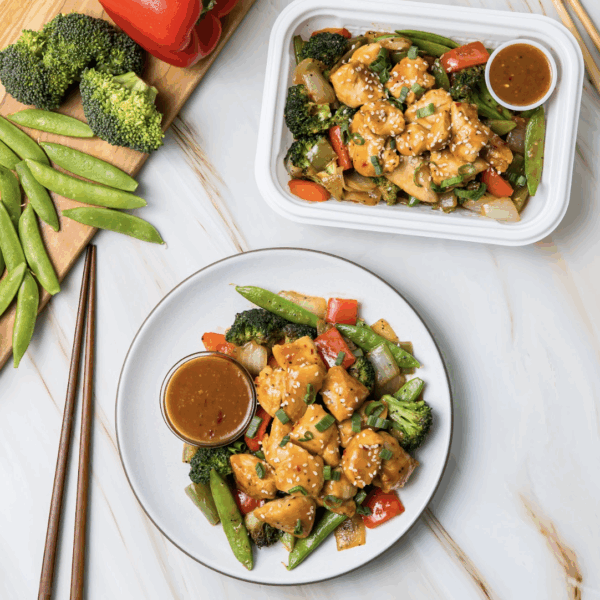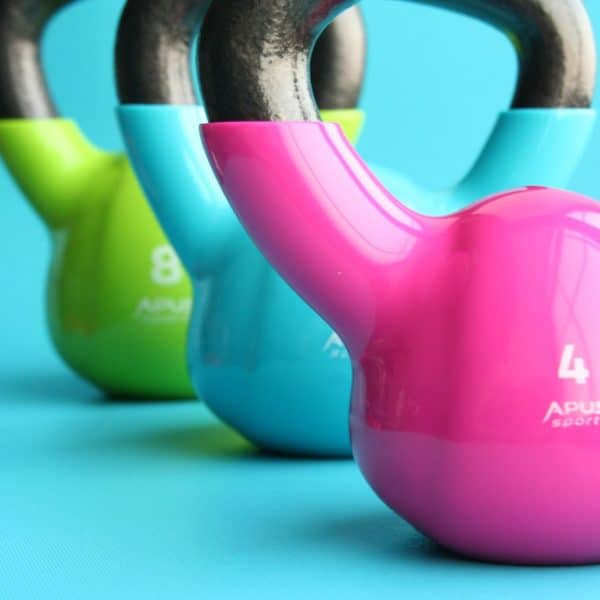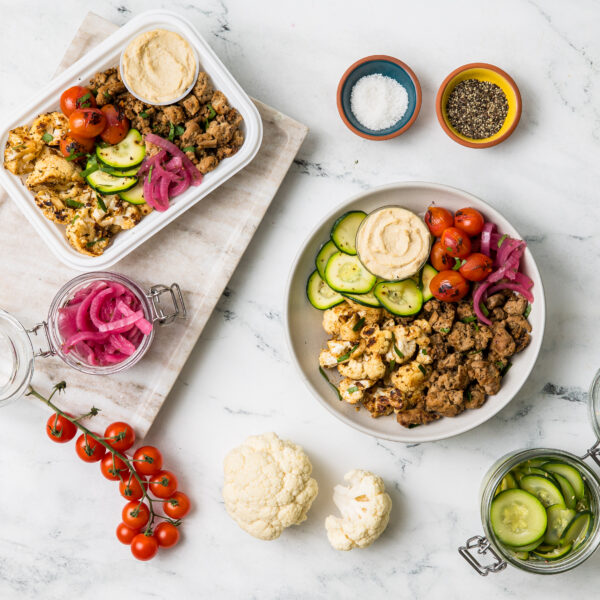If you spend any time in the health and wellness space, you’ve probably heard the word inflammation getting thrown around. Today, we’re giving you the scoop on what it is, what causes it, and how to reduce it.
what is inflammation?
Inflammation is a natural response that our bodies use both to defend us from harm and to heal. Our bodies consider things like infections, injuries, and toxins potentially harmful, and so they initiate an inflammatory response to help protect us. Part of this defense system is the release of antibodies and proteins in addition to increased blood flow to the impacted area. This process is usually quick, lasting a couple of hours or at most a few days for acute inflammation. But there’s another type of inflammation, called chronic inflammation, that can be much more damaging.
acute vs chronic inflammation
As referenced above, acute inflammation is a short-term bodily response that only lasts a few days, at most. Think of that time you stubbed your toe; it hurt for a few minutes and turned red, but then you forgot about it pretty quickly. Chronic inflammation occurs when this acute response hangs around, meaning your body is constantly on high alert. It can last for a long time, even years, and can eventually damage your tissues and organs.
Signs of acute inflammation are things like redness, pain or swelling. Chronic inflammation is much more sneaky, and often comes with no noticeable symptoms at all. Sometimes, though, certain health diagnoses may tip you off to inflammation brewing beneath the surface.
chronic inflammation and chronic disease
In one way or another, chronic inflammation has been linked to nearly every modern disease, from cardiovascular disease to type 2 diabetes, autoimmune disease, digestive issues and even cancer. The good news is that by removing some commonly inflammatory foods (a.k.a foods that your body recognizes as a threat and may contribute to your inflammation), you can start to reverse the internal damage that your chronic inflammation may have caused.
what contributes to inflammation?
While we’ll mostly focus on foods here, there are other lifestyle factors that contribute to chronic inflammation. These include things like smoking, excessive sitting, excessive stress, exposure to air and water pollution, synthetic chemicals in beauty and household products, along with exposure to plastics.
As far as food is concerned, there are quite a few foods that may contribute to inflammation, including:
- gluten (read more about why we’re gluten-free)
- high amounts of sugar and refined carbs
- Certain fats like trans fats and vegetable oils (think canola, corn, soy, partially hydrogenated oils and others)
- highly processed food
- dairy, corn, grains, legumes and soy can also be inflammatory for some people
Inflammatory foods and food sensitivities can often be very individual, which is why we encourage an elimination diet like the Whole30 to see how you feel without commonly problematic foods.
how to reduce inflammation
Thankfully, there are lot’s of foods and lifestyle behaviors that you can incorporate to help decrease chronic inflammation and get you feeling like your best self.
We’ll list out some great foods to include in your diet below, but you can also implement some lifestyle changes to help combat that sneaky inflammation. Things like movement, using glass containers and stainless steel reusable water bottles, cleaning up your household cleaners, moving regularly and investing in a water filter can all improve your health in varying ways.
Foods to include:
- leafy greens
- healthy fats (avocados, extra virgin olive oil, nuts and seeds, coconut, grass-fed butter and ghee, etc)
- high quality protein(salmon, sardines, grass-fed beef, pastured poultry, pastured eggs, game meats, legumes)
- berries
- broccoli and other cruciferous veggies
- mushrooms
- turmeric
- dark chocolate and cacao (look for 70% cocoa or more)
A few of Snap’s best options for addressing underlying inflammation are our Paleo, Whole30 and Keto-Friendly meals.
Are you already incorporating anti-inflammatory foods into your diet? Let us know below!





Leave a Reply
No Comments